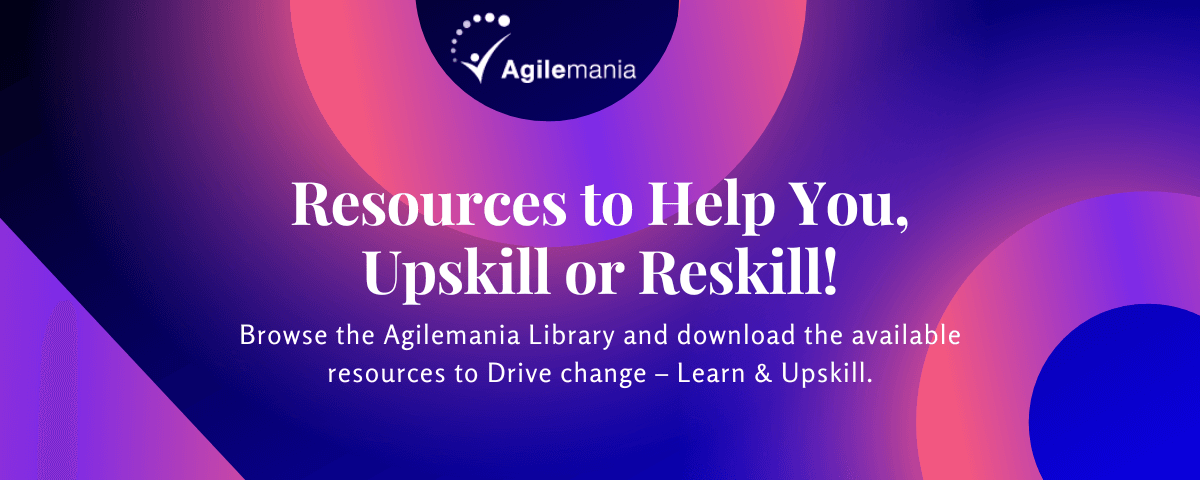
- Satyajit Gantayat
- Feb 10th 2023
Are you curious about facilitation and how to use it in an Agile team setting? Have you ever wondered about the role of a facilitator in guiding a group toward a specific outcome while maintaining neutrality? Rosanna Von Sacken, IAF Regional Director in Canada, defines facilitation as a set of four actions the facilitator needs to complete to call it facilitation: planning, preparing, and designing a facilitated session, applying the appropriate methods and processes, and developing the session materials.
Optimize and maintain neutrality throughout the engagement with the client and during a session. Keep reading to learn more about Agile Team Facilitation and the role of the facilitator in promoting a culture of collaboration, communication, and continuous improvement within the team.
What is Facilitation?
Facilitation is helping a group identify common objectives and offering group processes to achieve those outcomes while maintaining neutrality. It is the act of engaging participants in creating, discovering, and applying learning insights. Facilitation is a technique used by trainers to help learners acquire, retain, and apply knowledge and skills.Participants are introduced to content and then ask questions while the trainer fosters the discussion, takes steps to enhance the experience for the learners, and gives suggestions. However, they do not work for the group but guide learners toward a specific learning outcome. Rosanna Von Sacken, IAF Regional Director in Canada, defines facilitation as a set of four actions that the facilitator needs to complete to call it facilitation:
- Plan, prepare, and design a facilitated session, applying the appropriate methods and processes and developing the session materials.
- Optimize and maintain neutrality throughout the engagement with the client and during a session, with the understanding that no one is 100% neutral and without biases.
- Guide processes to ensure participants are engaged and interacting with each other.
- Help the group achieve their desired outcome(s).
Agile Team Facilitation
Agile is a mindset that emphasizes flexibility, collaboration, and customer focus in the software development process. Agile approaches are characterized by a focus on delivering working software frequently, with iterations that can last from a few weeks to a few months. Agile development also strongly emphasizes self-organizing, cross-functional teams, and direct communication with customers or end-users.
Agile is not just a set of practices or techniques for software development; it's also a culture change. It promotes a shift in mindset and values that can be applied to any organization, not just software development.
An Agile culture values:
- Collaboration and teamwork over individual achievement
- Flexibility and adaptability over rigid planning
- Communication and transparency over silos and bureaucracy
- Customer focus and value delivery over following a strict plan
- Continuous improvement over static processes
Since Agile is more about a mindset and change in culture, Agile Team Facilitation is about bringing in that change. Agile team facilitation is the process of leading and guiding an Agile team to achieve its goals and objectives. It involves creating an environment that supports collaboration, communication, and continuous improvement.
An Agile team facilitator is responsible for the following:
- Ensuring that the team follows Agile principles and practices
- Helping the team establish clear goals and objectives
- Facilitating meetings, such as daily stand-ups, sprint planning, and retrospectives
- Removing any obstacles that may be blocking the team's progress
- Encouraging collaboration and communication within the team
- Promoting a culture of continuous improvement
- Helping the team to stay focused on delivering value to the customer
It's important to note that Agile team facilitation is not a one-time or occasional activity but rather a continuous process of guiding, supporting, and helping the team to improve and deliver value.

The Facilitation Mindset
When your organization chooses to transition to more agile and lean ways of working, you quickly discover that this effort must address multiple aspects within the organization and the teams. Some parts are how the team collaborates, how the team communicates, how the team solves problems together, and how the team resolves their conflicts. This is where the role of Team Facilitator plays an important role.Team Facilitator
This person focuses on one (or two) teams already "up and running." They develop essential facilitation, mentoring, training, and conscious communication skills. A team facilitator is not yet ready for Agile adoption or transformation initiatives. A Facilitator is a person who helps a group of people to work together better, understand their common objectives, and plan how to achieve these objectives during meetings or discussions.In doing so, the facilitator remains "neutral," meaning they do not take a particular position in the debate. The Agile Team Facilitator role is framework agnostic, meaning that this person is not tied to the constructs of Scrum as a magic wand to improve whatever the team is doing regardless of context. For Agile Team Facilitation, the Facilitator
- Facilitates Agile practices
- Helps the team deliver business value
- It helps the team Being Agile.
- Supports a self-organized team
- Enables Team's Journey towards High-Performance Team
- Fosters Growth Mindset
- Being neutral and unbiased, not imposing personal opinions or agenda
- Listening actively, being open-minded, and valuing diverse perspectives
- Being flexible and responsive to the needs of the group
- Being proactive in identifying and addressing potential issues or conflicts
- Being a good communicator and being able to create a safe and inclusive environment
- Being able to create a sense of shared ownership and collaboration
- Being able to help the group make decisions and reach a consensus
The Bottom Line
To sum it all up, Agile facilitation is a powerful technique that helps groups identify common objectives through group processes. To call it Agile facilitation, and facilitator needs to complete four sets of actions:
- First, plan, Prepare, and design a facilitated session.
- Optimize and maintain neutrality.
- Help the group achieve desired outcomes.
Find Our Upcoming Training









